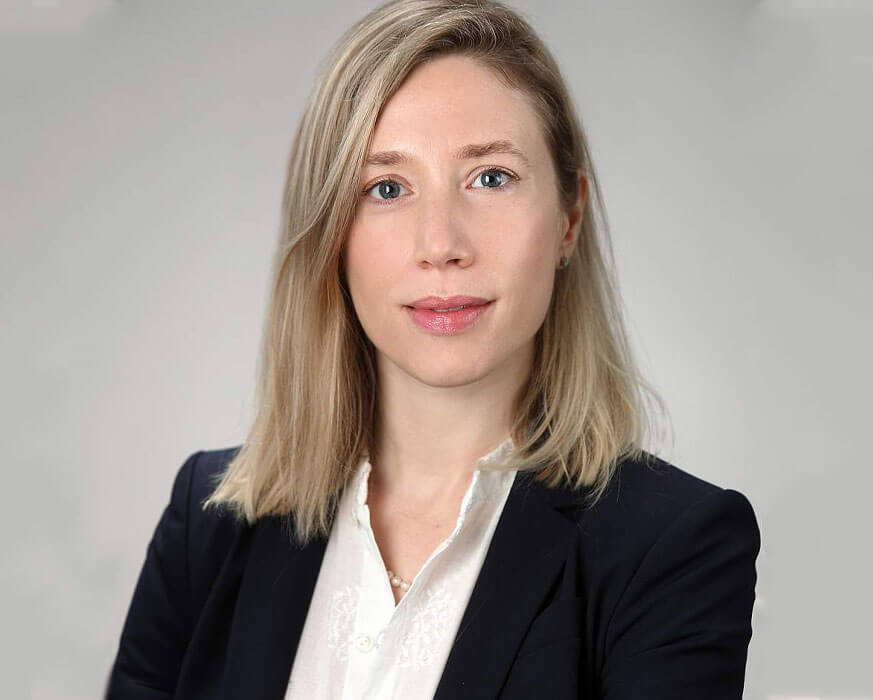The NIH HEAL Initiative Second Annual Investigator Meeting May 17-19, 2021

Rebecca G. Baker, Ph.D., is the director of the NIH HEAL Initiative®. Read more about Dr. Baker.
Dear HEAL Community,
The NIH HEAL Initiative is comprehensive, spanning basic, translational, clinical, and implementation science. It also promotes teamwork across disciplines, communities, and care settings: connecting the work of federal agencies, research institutions, community organizations, and the private sector to address the crises of pain management, opioid misuse, addiction, and overdose.
We remain committed to our original “all-hands-on-deck” strategy. This important work is getting done, and we have progress to show for it – as you hear about in these messages from me, as well as through various communications from the several NIH Institutes and Centers that enable the HEAL research investment.
Next month (May 17-19, 2021), we will bring together this formidable team for the Second Annual NIH HEAL Initiative Investigator Meeting – where we’ll hear more details about research progress and ways researchers are collaborating to advance the goals of HEAL. We’re featuring a broad array of presentations that speak to the unique moment we are all facing amid the COVID-19 pandemic. Although this meeting is an opportunity for HEAL research teams to connect and interact, several presentations will offer broad perspectives, and I invite you to tune in.
We’ll kick off the 3-day virtual meeting to recognize this unique and challenging moment with a fireside chat, “Emotional Well-Being and the Power of Connections to Fight the Opioid Crisis,” featuring NIH Director Dr. Francis Collins and U.S. Surgeon General Dr. Vivek Murthy (May 17, 10:00 am – 11:00 am).
I’ll provide an overview of HEAL progress and looking ahead, and Dr. Walter Koroshetz and Dr. Nora Volkow, directors of NIH Institutes overseeing an array of HEAL research programs, will discuss current trends and ongoing challenges to treatment and high-quality care for individuals with pain and addiction during a historic pandemic. In plenary sessions each day throughout the meeting, leadership of the many NIH Institutes and Centers involved in HEAL will join investigators at the intersection between pain and addiction – asking about how HEAL research can untangle the complexities presented by these multidimensional health conditions with a range of biological, psychological, and sociocultural drivers, and how NIH is marshalling the power of science in service of public health.
Several presentations will explore the many ways HEAL is forging collaborations with patients and communities, as well as advancing health equity and inclusion across our initiative. A plenary session will feature advances from the HEALing Communities Study, the Justice Community Opioid Innovation Network (JCOIN), and the Pragmatic and Implementation Studies for the Management of Pain to Reduce Opioid Prescribing (PRISM) programs, among others that seek to integrate evidence-based treatments into practice in real-world settings. The meeting will feature voices of community members, advocates, and individuals with lived experience. A panel on engaging communities in research will share perspectives from HEAL researchers, patient advocates, and people in recovery, on how these partnerships can help advance our common goals in HEAL.
Finally, as the COVID pandemic has exposed many challenges for individuals with pain and addiction, the meeting will bring together HEAL researchers and public health experts to talk about the collision of two crises. Our research community has demonstrated remarkable creativity and resourcefulness over the past year, finding ways to advance research despite the changing landscape. Both HEAL research and communities have adapted, but continue to face challenges. HEAL researchers will share their hard-won wisdom and lessons learned. Leaders from across government, SAMHSA, CDC, and FDA, will also be on hand to talk about efforts in their agencies, and consider ways HEAL move research into action and better outcomes for people with pain and addiction.
You can view the complete agenda on the HEAL website, where a link to the videocast for this virtual meeting will be posted soon.
I encourage you to keep up with the NIH HEAL Initiative and share information with your networks. If you don’t already know about it, we have designated an online communication and collaboration space for members of the HEAL Community to communicate with us – and with each other. The Moving HEAL Research Into Action Idea Exchange will be open until June 1, 2021. We invite you to visit the site frequently to share your ideas and concerns.
 U.S. Department of Health & Human Services
U.S. Department of Health & Human Services
